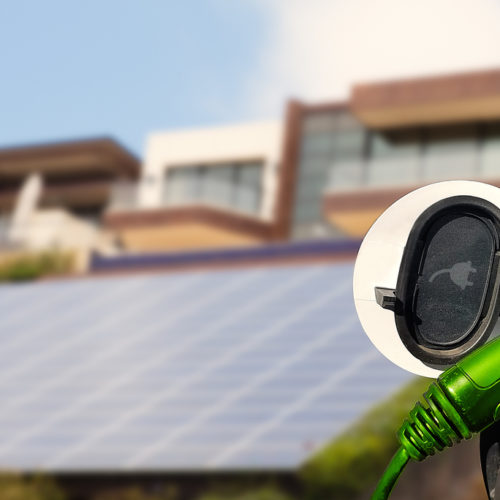

David Labrador
David Labrador is a former Senior Writer and Editor at RMI.
Authored Works



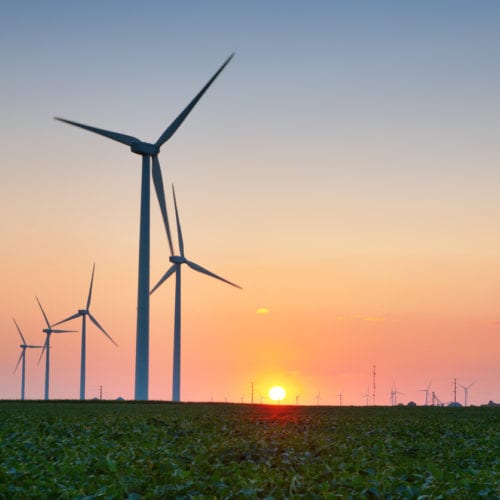
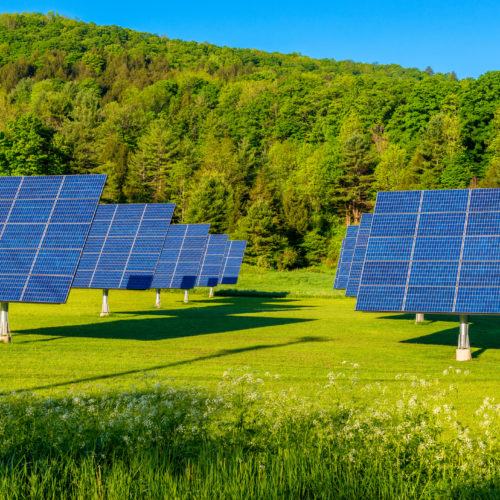

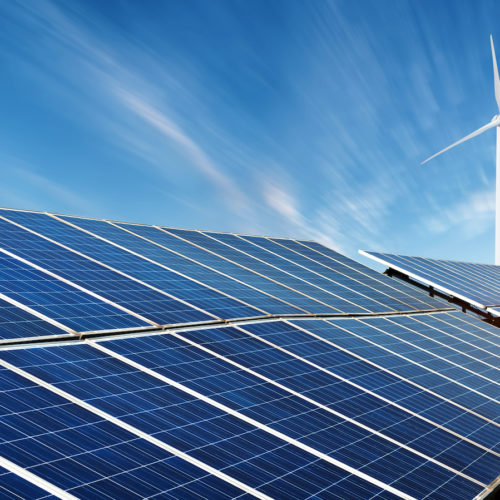
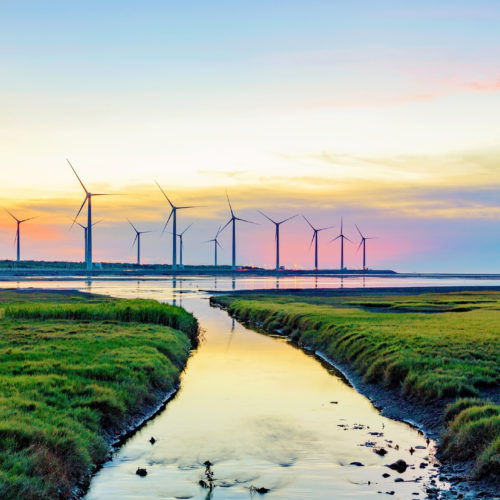

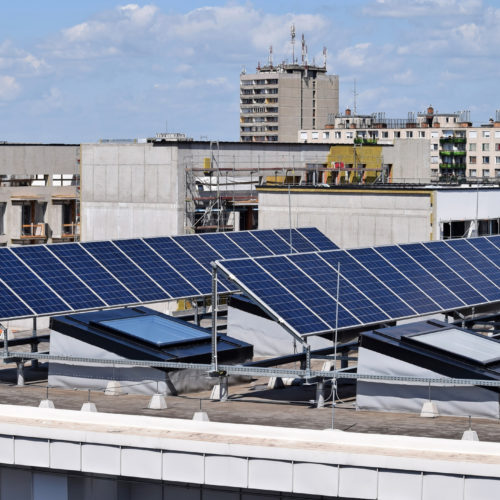
A generous donor is doubling all gifts, up to a total of $100,000, through June 30, 2024. Your gift helps RMI increase access to safer, healthier, and cleaner energy in more communities.
The shift to clean energy starts locally. It starts with you.
Donate